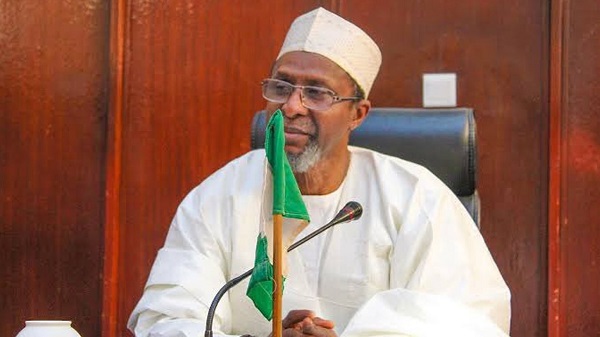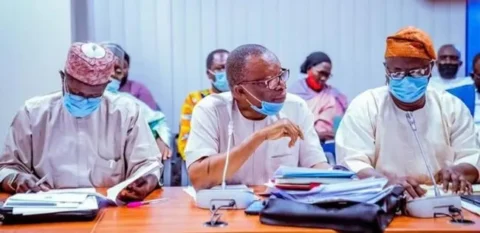The Federal Government has called on Nigerian universities to take an active role in supporting the country’s goal of achieving a net zero green transition by 2060. The appeal was made by the Minister of Environment, Balarabe Lawal, in a keynote address delivered at a three-day international conference themed “Accelerating Climate Action for Sustainable Livelihood in Nigeria”, organized by the Faculty of Social Sciences, Obafemi Awolowo University (OAU), Ile-Ife, Osun State.
Represented by Dr. Iniobong Abiola-Awe, a director in the Ministry of Climate Change, the minister emphasized the government’s dedication to building climate-resilient communities through inclusive and equitable development strategies. As part of this effort, he announced the launch of the Green School Initiative—an environmental awareness programme aimed at educating students and staff, reducing schools’ ecological footprints, and encouraging sustainable practices within and beyond educational institutions.
Highlighting the role of academia, Lawal pointed to the collaboration between the Ministry and the West African Science Service Centre on Climate Change and Adapted Land Use (WASCAL). Through this partnership, two competence centres have been established at the Federal University of Technology, Akure, and the Federal University of Technology, Minna. So far, WASCAL has graduated 28 PhD and 19 Master’s students in climate-related fields in Nigeria. He noted that the Ministry is working closely with academic institutions in shaping climate policies and frameworks, and urged university authorities to deepen this collaboration by promoting evidence-based research on climate change and renewable energy to support the nation’s 2060 net zero target.
In his remarks, the Dean of the Faculty of Social Sciences, Professor T. O. Odekunle, stressed that the conference was convened to bring together stakeholders to devise practical action plans for sustainable livelihoods in the face of a rapidly changing climate. He noted that critical sectors of the Nigerian economy—including agriculture, water resources, biodiversity, health, land use, energy, and the coastal regions—are already facing the adverse impacts of climate change.
The Vice Chancellor of OAU, Professor Adebayo Bamire, reiterated the importance of collaboration, stating that no single institution can tackle climate change alone. He highlighted the inclusive nature of the conference, which brought together researchers from across Nigeria and abroad, policymakers at various levels, civil society actors, and private sector leaders to develop shared solutions for climate resilience and sustainability.





